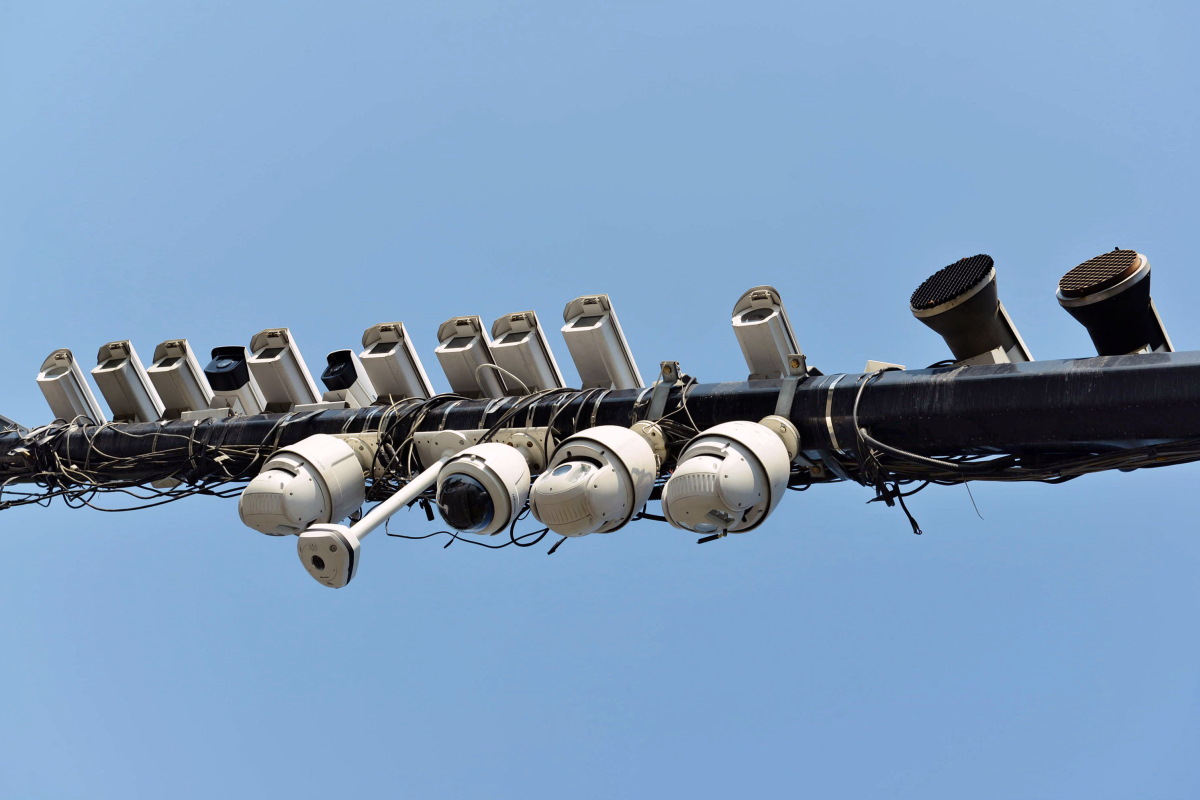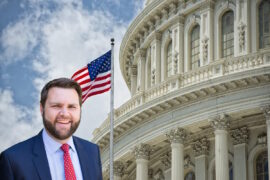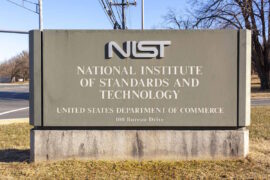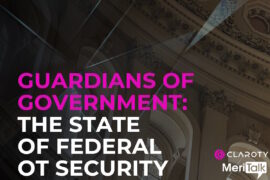UK administration calls for ban of Chinese equipment across ‘sensitive’ government sites

Following a review undertaken by the U.K. Government Security Group of current and future possible security risks associated with the installation of visual surveillance systems on the government estate, the review concluded that, in light of the threat to the U.K and the increasing capability and connectivity of these systems, additional controls are required. The move essentially leads to a ban on Chinese equipment operating within ‘sensitive’ government sites.
“Departments have therefore been instructed to cease deployment of such equipment onto sensitive sites, where it is produced by companies subject to the National Intelligence Law of the People’s Republic of China,” Oliver Dowden, Chancellor of the Duchy of Lancaster and a Conservative member, wrote in a statement, providing security update on surveillance equipment. “Since security considerations are always paramount around these sites, we are taking action now to prevent any security risks materialising.”
Dowden added that “departments have been advised that no such equipment should be connected to departmental core networks and that they should consider whether they should remove and replace such equipment where it is deployed on sensitive sites rather than awaiting any scheduled upgrades. Departments have also been advised to consider whether there are sites outside the definition of sensitive sites to which they would wish to extend the same risk mitigation.”
The government will continue to keep this risk under review and will take further steps if and when they become necessary, Dowden said.
The same statement was also presented by Baroness Neville-Rolfe, minister of state for the Conservatives in the House of Lords. The statement did not name any Chinese vendors, or provide direction on how the existing equipment will be funded and replaced. It also did not outline a timeline on whether the existing equipment would be disconnected.
Following the move by the U.K. government on Chinese-related surveillance equipment, Mao Ning, the Chinese foreign ministry spokesperson said in a statement that the Chinese government always encourages Chinese companies to carry out foreign trade and investment cooperation in line with local laws as well as market principles and international rules.
“We are firmly against some people’s moves to deliberately overstretch the concept of national security to wear down Chinese enterprises. We are keeping a close eye on how things will develop,” Ning said. “The Chinese government will firmly defend Chinese businesses’ legitimate and lawful rights and interests,” he added.
Last month, the government of former prime minister Liz Truss said that Huawei technology must be removed from the nation’s 5G public networks by the end of 2027 under legal documents handed to broadband and mobile operators at the time. The document – called a designated vendor direction – has been sent to 35 U.K. telecoms network operators.
The document set out controls to be placed on operators’ use of Huawei, following consultation with Huawei and telecoms operators, including an immediate ban on the installation of new Huawei equipment in 5G networks, a requirement to remove Huawei equipment from 5G networks by the end of 2027, and a requirement to remove Huawei equipment from the network core by 31 December 2023.
The present administration under current prime minister Rishi Sunak has not commented on these moves.
The move by the U.K. government coincides with similar measures adopted by its U.S. counterparts who have adopted new rules, under the Bipartisan Secure Equipment Act of 2021, which prohibit communications equipment deemed to pose an unacceptable risk to national security from being authorized for importation or sale in the country.
The U.S. Federal Communications Commission (FCC) said that the amended rules relate to equipment authorization to further secure communications networks and supply chains from equipment that poses an unacceptable risk to the national security of the U.S. or the security and safety of its citizens. The new rules prohibit the authorization of equipment through the FCC’s Certification process and make clear that such equipment cannot be authorized under the Supplier’s Declaration of Conformity process or be imported or marketed under rules that allow exemption from an equipment authorization.










